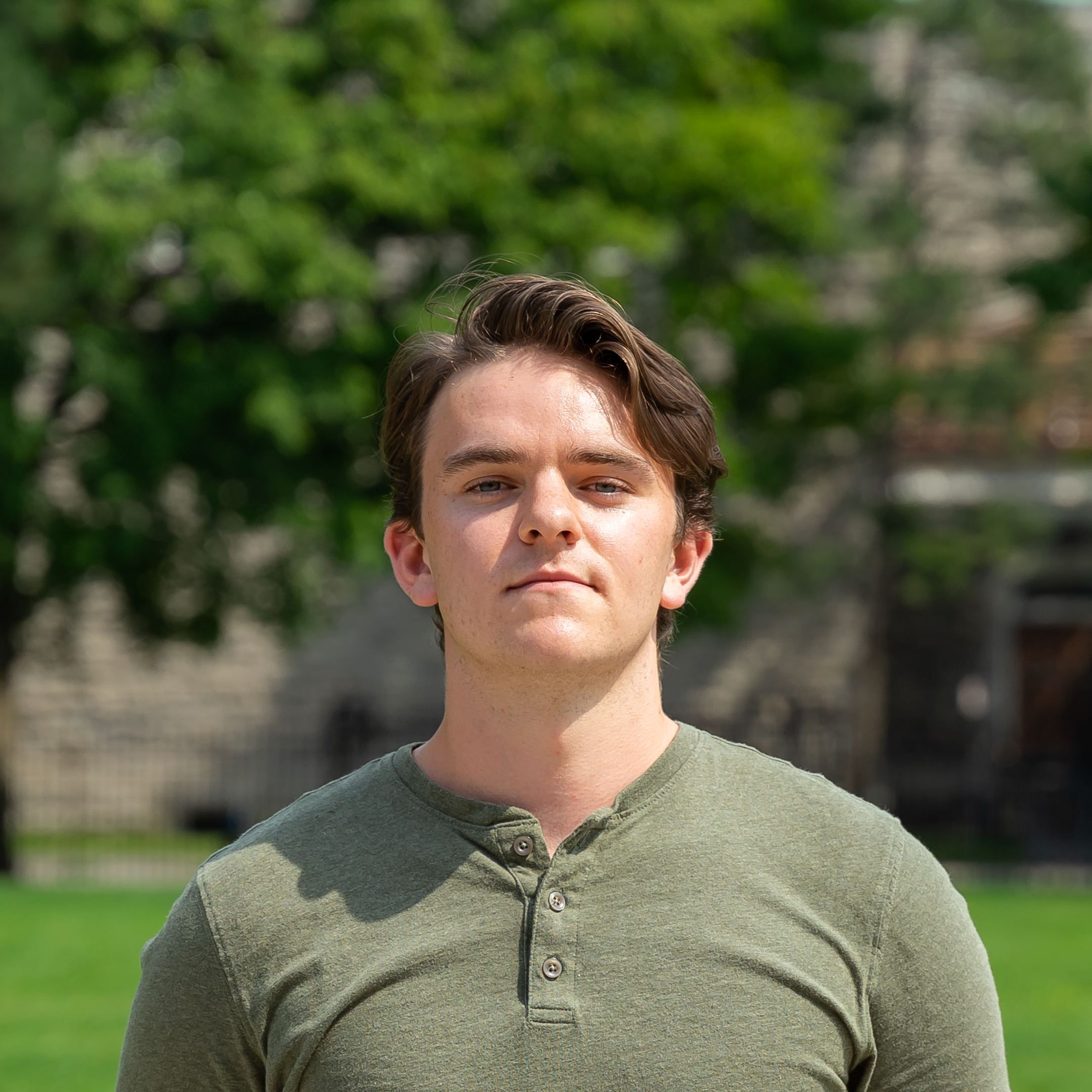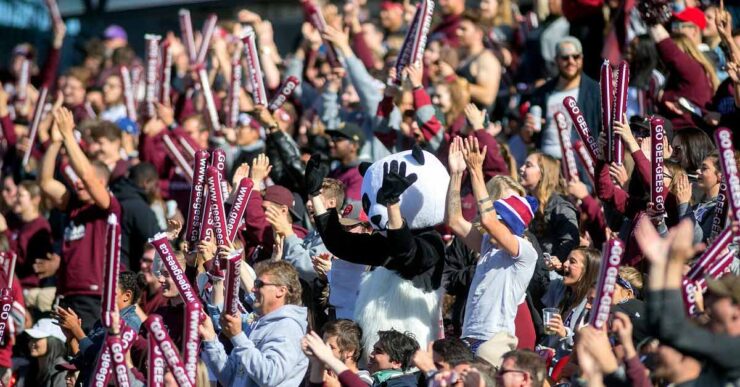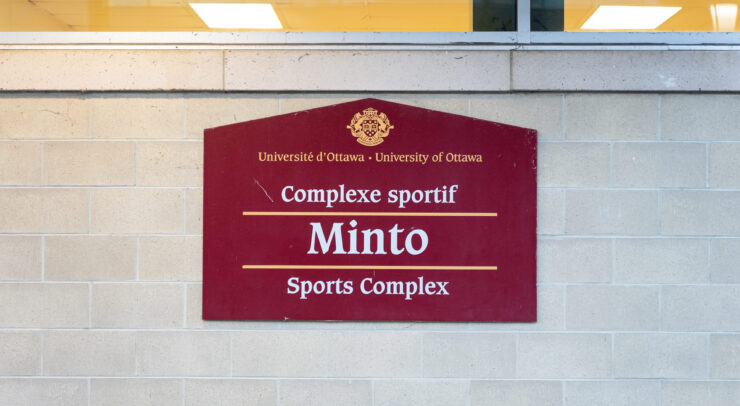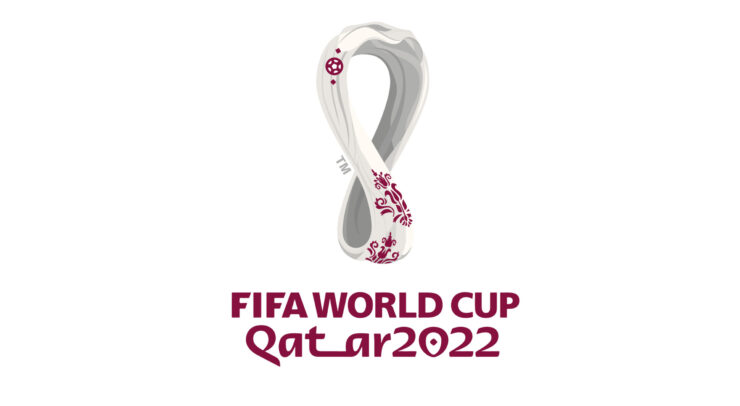AI TECHNOLOGY IS CHANGING OUR RELATIONSHIP WITH ARTISTIC EXPRESSION
If you asked me a year ago what I though of artificial intelligence, I would have said that I was frightened by it. If you ask me that same question today, I will tell you that it terrifies me.
The implementation of AI in both schools and other jobs has been a conversation going back as far as I can remember. However, these conversations always seemed redundant to me — why would we pay any mind to a technology that won’t impact us until way into the future?
Nevertheless, my youthful reasoning for shrugging off concerns about AI — that we wouldn’t see the effects of it for decades — has proven to be foolish with the introduction of ChatGPT. ChatGPT is a tool created by OpenAI (an artificial intelligence research company) which uses AI technology to answer questions and engage in open dialogue. Users can ask the program questions varying in degrees of complexity, and ChatGPT will answer with mostly appropriate responses.
Recently, the use of ChatGPT — among other AI technologies — has been a topic of concern as it pertains to its use in schools and artistic environments. Reports of university and high school students being caught using ChatGPT to complete their assignments have taken over many news outlets. This advancement in AI technologies though has caused concern about the future of academia and artistic creation.
It seems that ChatGPT has swiftly transformed old discussions about the future of AI into a pressing conversation about the immediate future of content creation and human utility.
Given ChatGPT’s prominence in this particular conversation, I decided to test out the program and ask it to weigh in — I asked the program if the use of AI in creating art is something that people should be concerned about. The program responded with shocking precision.
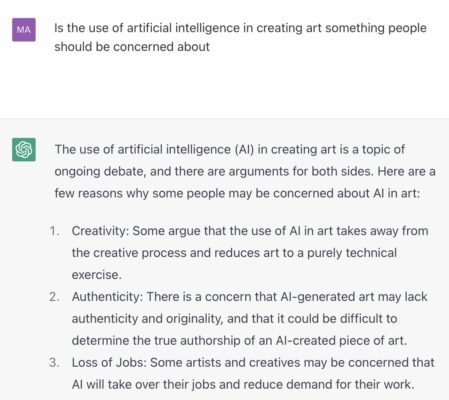
ChatGPT’s three reasons for concern — the loss of creativity, authenticity, and jobs — are all real criticisms which have been levelled at the use of AI in content creation. With the acceleration of AI usage, there is an inherent loss of creativity and authenticity in content production. Actual people are being removed from the creative process in favour of programs which lack originality.
ChatGPT’s third reason for concern, the loss of jobs, is a fear which has been anticipated since the first emergence of AI debates. The more AI programs there are to complete tasks, the fewer of those jobs that will be available for actual people. What is interesting about the emergence of ChatGPT, though, is that it has altered the understanding of which jobs are ‘up for grabs’ for AI.
I used to think that AI was only capable of taking a strict category of job —the task-oriented professions. I anticipated that automated cars would take truck drivers off the road, and that storefront kiosks would eventually remove front-of-house restaurant servers. However, I never thought that jobs which relied on critical human engagement would ever be taken by AI. ChatGPT has changed my mind.
The program has demonstrated that writing — a task based entirely on human thinking — can be done by AI. And if writing something as simple as a book report can by done by AI, then who’s to say other things can’t be, as well? How far away are we from having entire movies and books generated by these programs? It’s necessary to note that OpenAI is also responsible for Dall-E 2 — a program which uses AI technology to generate artistic requests.
Returning to ChatGPT’s response to my question, it’s worthwhile to note some of the potential benefits of using AI. ChatGPT noted the idea of accessibility — that these programs can allow for the creation of content to be done by people who lack skills and resources.
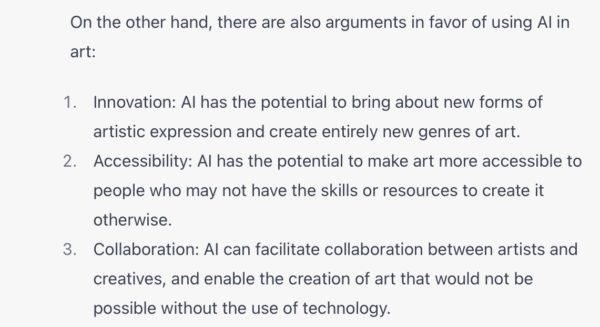
It may be the case that ‘the cat is out of the bag’ with the use of AI. ChatGPT has demonstrated that some artistic tasks can be done by AI with shocking precision; thus, don’t be surprised if small writing tasks are frequently outsourced to these programs in the near future. And this use of AI to carry out small tasks, although it may represent the loss of some jobs, seems to be somewhat inevitable. For instance, it might be easier for a restaurant to have a menu designed for free by an AI than it would be to pay for the task to be done by a human.
However, this is a slippery slope. If we allow these small tasks to be done by AI, where will we draw the line? Based on my limited experience with ChatGPT, it seems entirely possible that the program will soon be capable of complex content creation. It wouldn’t surprise me if these programs wrote a book, or even wrote and animated an entire movie.
The prospect of these complex tasks being outsourced to AI programs makes me feel uneasy. The originality and authenticity in art come from the piece’s humanity — the fact that a human could make something by manipulating a medium. And while AI could help to drive innovation in the creation of art, the loss of creativity, authenticity, and jobs should indicate that we should proceed with caution into the future of AI.


